How to get Swiss citizenship
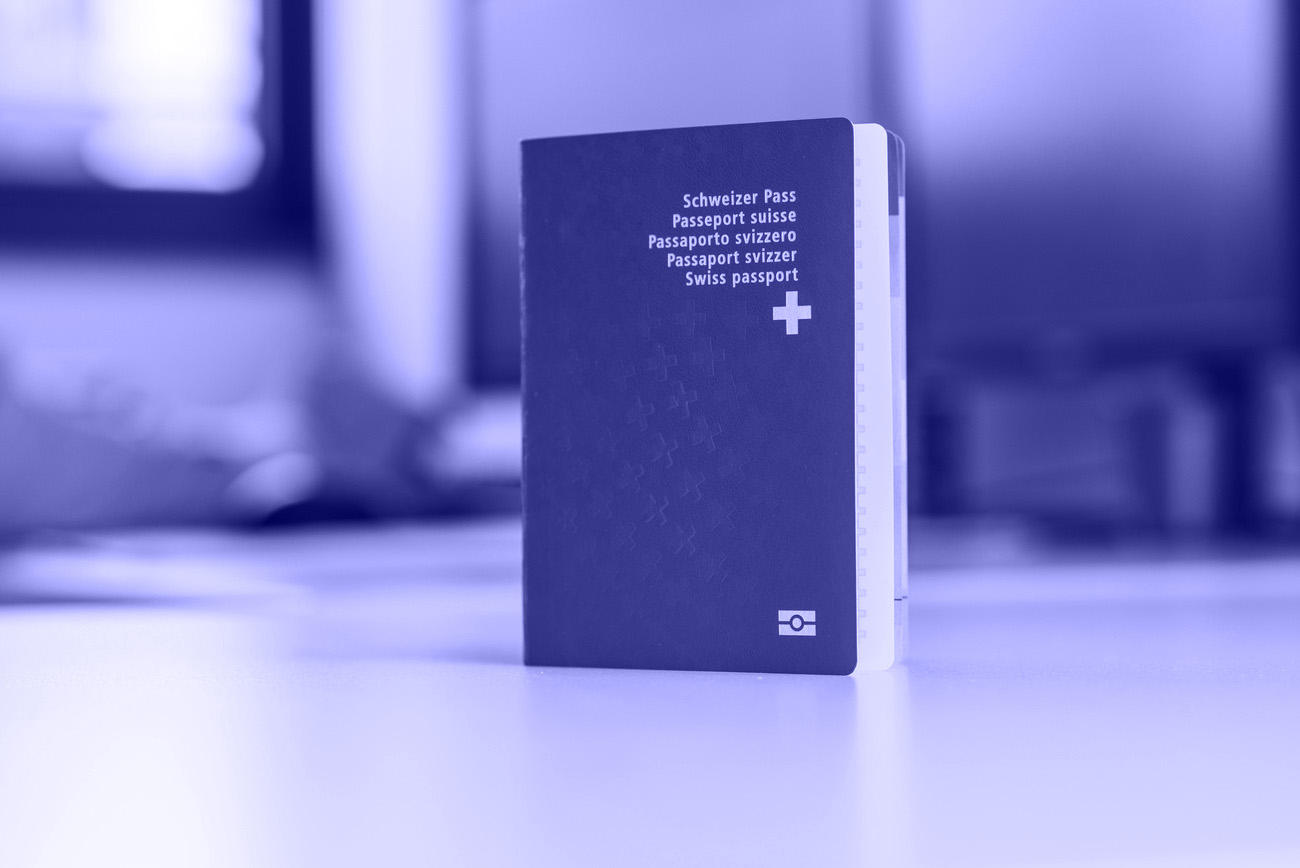
A Swiss passport may be acquired by descent, by marriage or after living in the country for a certain length of time. The naturalisation process can be long and complex, however.
Unlike in traditional immigration countries, such as the United States and Australia, children born on Swiss soil do not automatically acquire citizenship.
The following are Swiss from birth: a child of married parents, at least one of whom is Swiss; a child of an unmarried Swiss mother; and a child of an unmarried Swiss father, if he acknowledges paternity before the child turns legal age. Children adopted abroad obtain Swiss nationality if one of the two parents is Swiss.
Switzerland allows dual nationality without restriction. However, nationals of certain countries may lose their original nationality if the law of that country does not permit dual nationality.

More
How to become Swiss
Simplified naturalisation
Several categories of persons may benefit from simplified naturalisation. The procedure is simpler and faster, as the decision is taken solely by the federal government. These persons are:
– the spouses of Swiss citizens living in Switzerland, if they have lived for three years in marital union and have lived in Switzerland for a total of five years, including one year immediately prior to making the application.
– the spouses of Swiss citizens living abroad, if they have lived for six years in marital union and have close ties with Switzerland (e.g. they have lived in Switzerland, know one of the national languages).
– stateless children, if they can prove at least five years’ residence in Switzerland, including one year immediately prior to making the application.
– the children of a naturalised parent, if they were minors at the time when their parent applied for naturalisation and they embark on the process before the age of 22. They must prove at least five years’ residence in Switzerland, including three years immediately prior to making the application.
– persons who have lived for at least five years in the erroneous belief that they possessed Swiss nationality.
– third-generation foreigners who meet the following requirements: at least one grandparent was born in Switzerland or demonstrably acquired a right of residence; at least one parent has been resident in Switzerland for at least ten years, has obtained a permanent residence permit and attended compulsory school there for at least five years; and they themselves were born in Switzerland, hold a permanent residence permit and have attended compulsory schooling there for at least five years.
All persons applying for simplified naturalisation must demonstrate that they are “successfully integrated”. This means, for example, that they have no debts and no criminal record, that they are able to communicate in a national language in everyday situations (levels B1 orally and A2 in writing), and that they have not received social assistance in the three years prior to applying for naturalisation.
The naturalisation authorities summon the applicants for a personal interview, which focuses in particular on their knowledge of Switzerland (geography, history, politics and society).
Naturalisation applicants are also required not to pose a risk to Switzerland’s internal and external security.

More
Swiss passport attracts more Russians than Italians
Ordinary naturalisation
This process is more complex, as it goes through the communal (municipal), cantonal and federal authorities. The general rule is that anyone who has been resident in Switzerland for ten years and holds a permanent residence (C) permit may apply to their commune (municipality) or canton of residence for ordinary naturalisation.
Years spent in Switzerland between the ages of eight and 18 count double, but the actual length of residence must amount to at least six years. The following are taken into account in calculating the length of residence.
– period spent with a B (residence) or C (permanent residence) permit;
– period spent with a legitimation card issued by the Federal Department of Foreign Affairs or with a Ci permit;
– period spent with an F (temporary admission) permit, but only half the time is credited.
Time spent living in Switzerland with an N (asylum procedure) permit or an L (short-term residence) permit does not count.
People living in a registered partnership with a Swiss citizen are subject to a shorter length of residence: they may apply for ordinary naturalisation if they have resided in Switzerland for at least five years.
In addition, each canton stipulates a minimum length of residence of two to five years in the given commune and canton.
The criteria for becoming Swiss are the same as for simplified naturalisation. Applicants must be “successfully integrated”, know Swiss ways and customs and not pose a risk to the country’s security.
However, the requirements and procedures may vary greatly from one canton to another or even from one commune to another. Some authorities require applicants to take written or oral naturalisation tests to check their knowledge of Switzerland and the region in which they live.
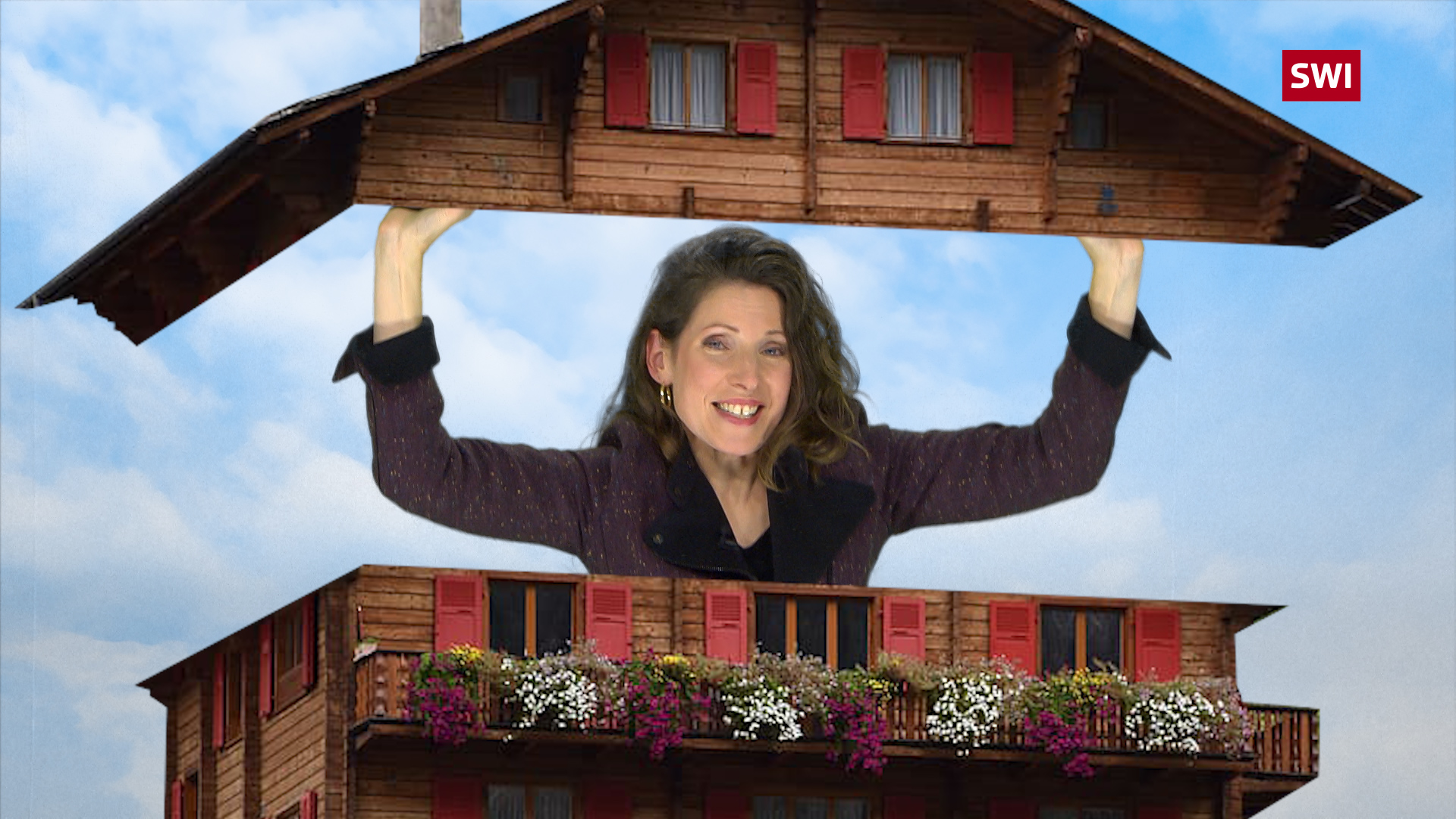
More
Living and working in Switzerland
Loss of Swiss nationality
People can lose their Swiss citizenship in four ways, namely by:
– forfeiture: a child born abroad to a Swiss parent and who has another nationality automatically forfeits Swiss nationality on reaching the age of 25, unless their birth has been notified to a Swiss authority abroad or in Switzerland, or they have declared in writing that they wish to remain a Swiss citizen.
– relief: any Swiss citizen residing abroad who holds another nationality may apply to the Swiss representation abroad to be relieved of their Swiss citizenship.
– declaration of nullity: anyone who makes false statements or conceals essential facts during the naturalisation procedure may have their Swiss passport withdrawn up to eight years after obtaining it.
– revocation: a person holding dual nationality may have their Swiss citizenship withdrawn if their conduct is seriously detrimental to the interests or the reputation of Switzerland. This possibility is only considered in serious cases, for example if the person has been convicted of war crimes or terrorism.
Reinstatement of Swiss citizenship
A person who had Swiss citizenship but who lost it by forfeiture, relief or marriage to a foreign national may apply for it to be reinstated.
If the loss of Swiss citizenship occurred less than ten years ago, the person may apply for its reinstatement regardless of whether they live in Switzerland or abroad. After this period, only people who have been legally and continuously resident in Switzerland for at least three years may apply for their citizenship to be reinstated.
Applicants living in Switzerland must prove that they are successfully integrated. If they live abroad, they must prove that they have maintained close ties with Switzerland.
For more information on naturalisation and Swiss citizenship, see:
State Secretariat for MigrationExternal link
Federal Act on Swiss CitizenshipExternal link
Information on the official ch.ch websiteExternal link
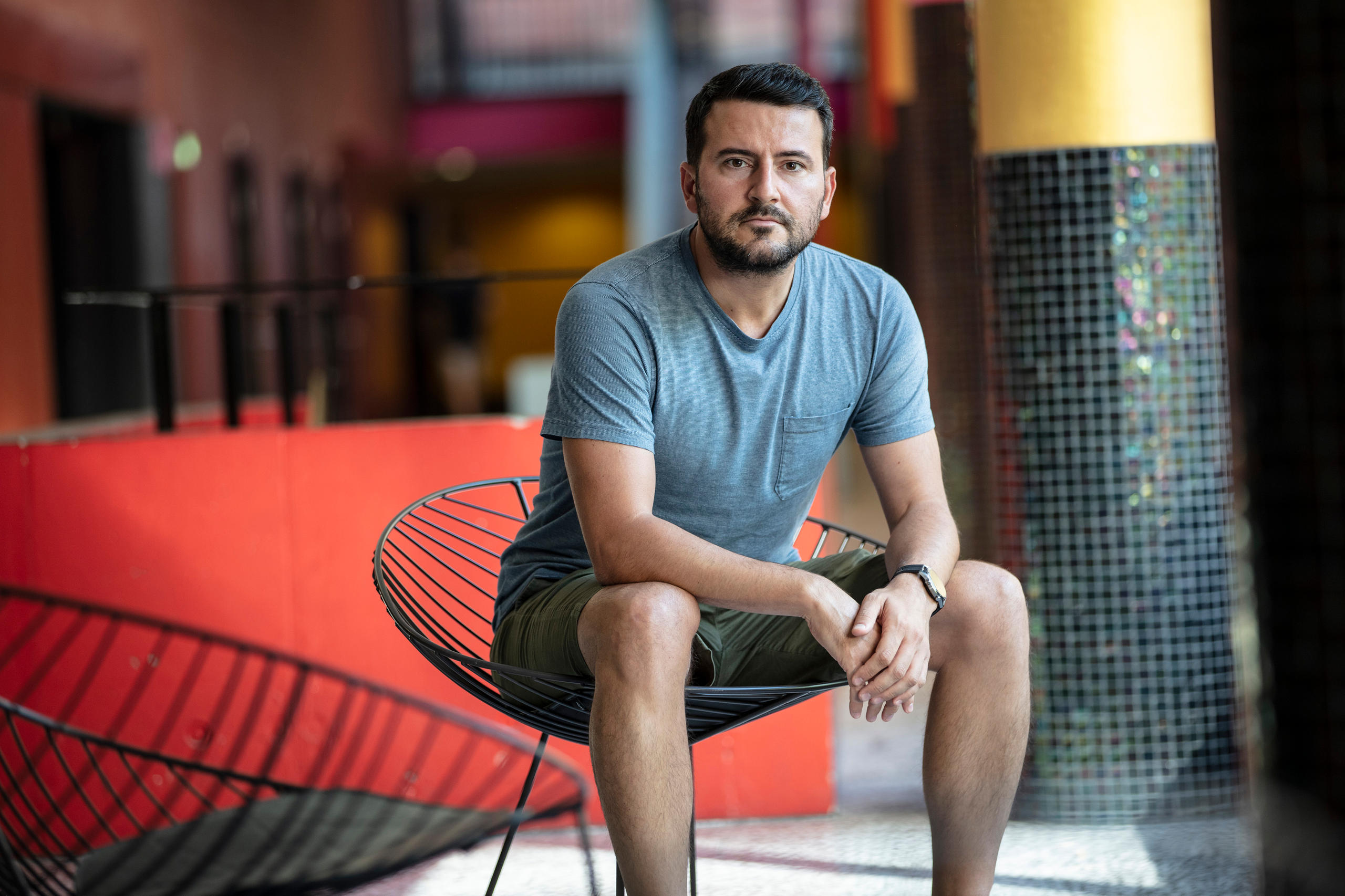
More
Time to rethink citizenship access in Switzerland

In compliance with the JTI standards
More: SWI swissinfo.ch certified by the Journalism Trust Initiative





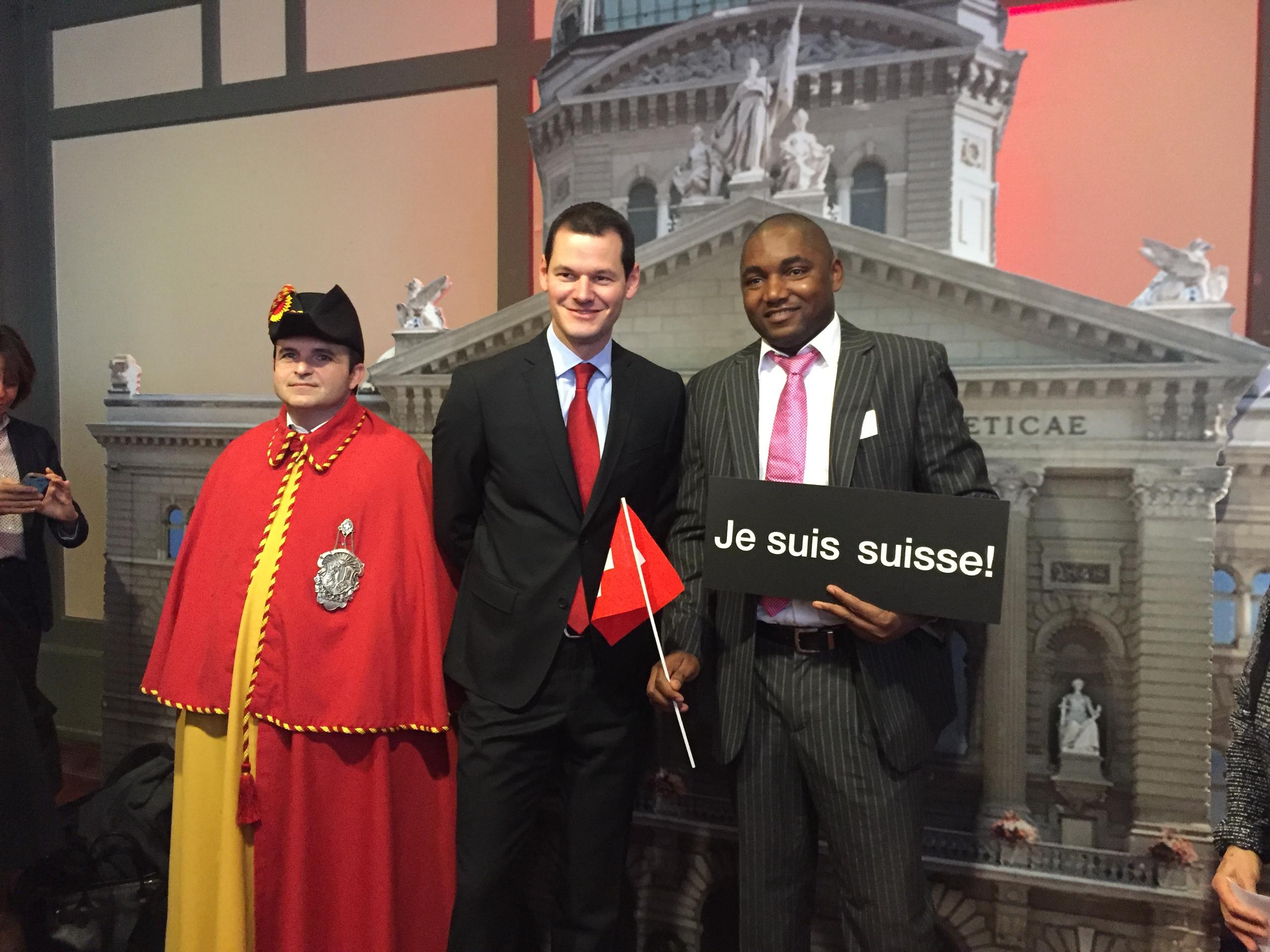
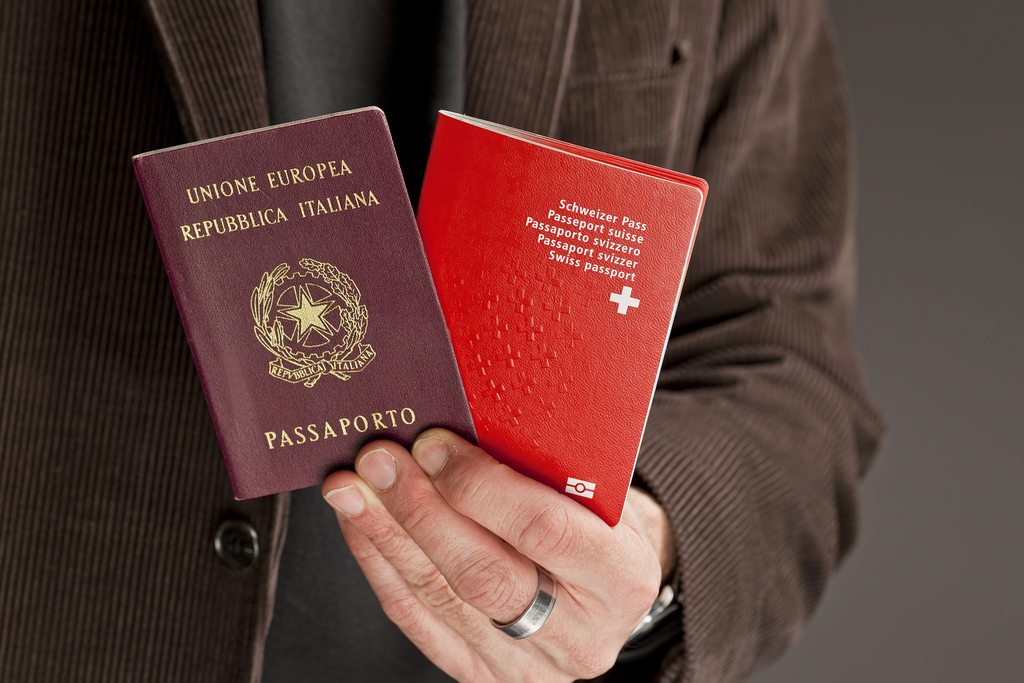

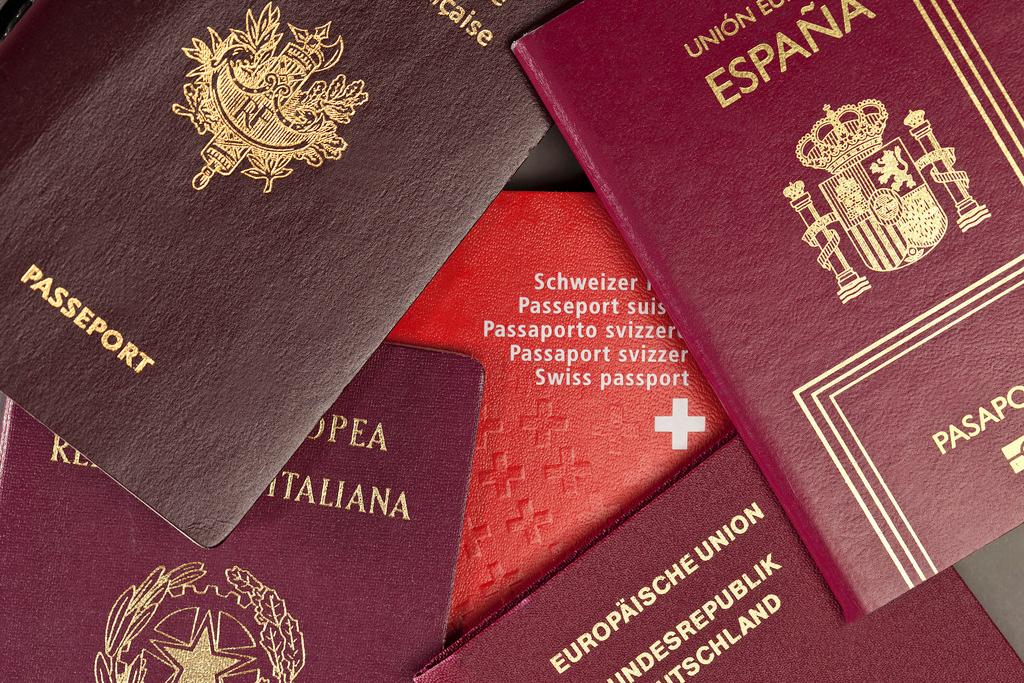
You can find an overview of ongoing debates with our journalists here . Please join us!
If you want to start a conversation about a topic raised in this article or want to report factual errors, email us at english@swissinfo.ch.